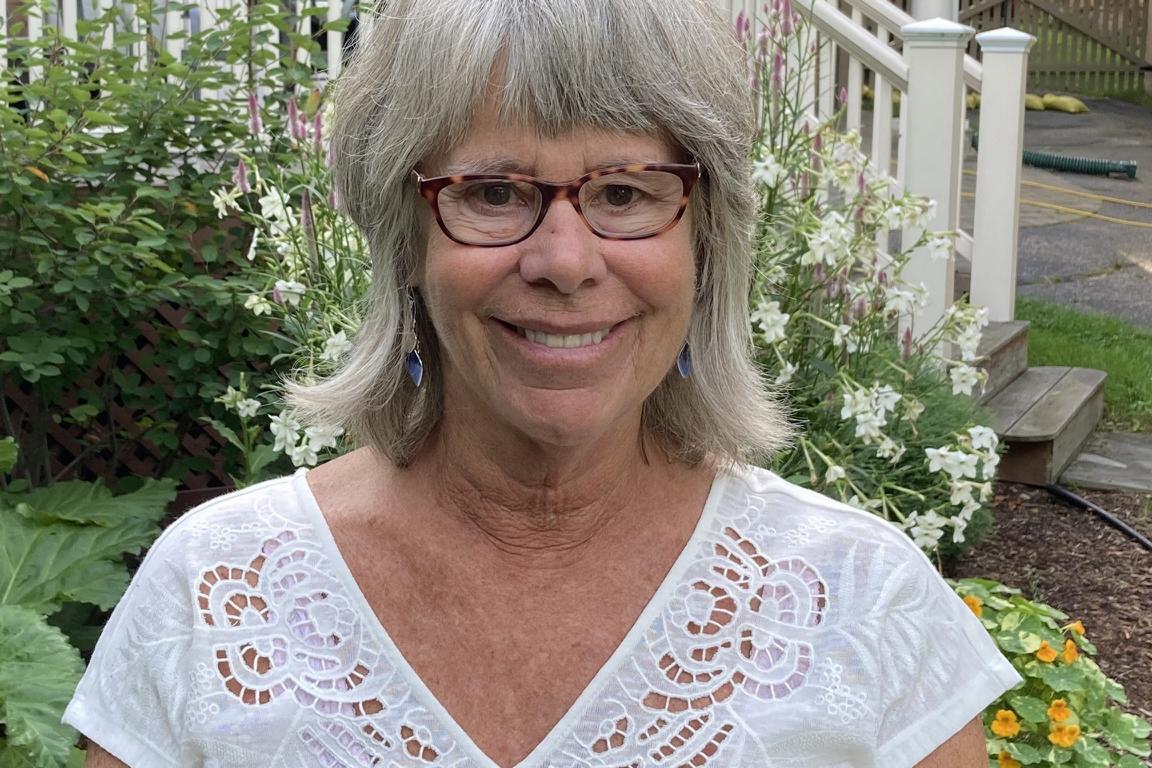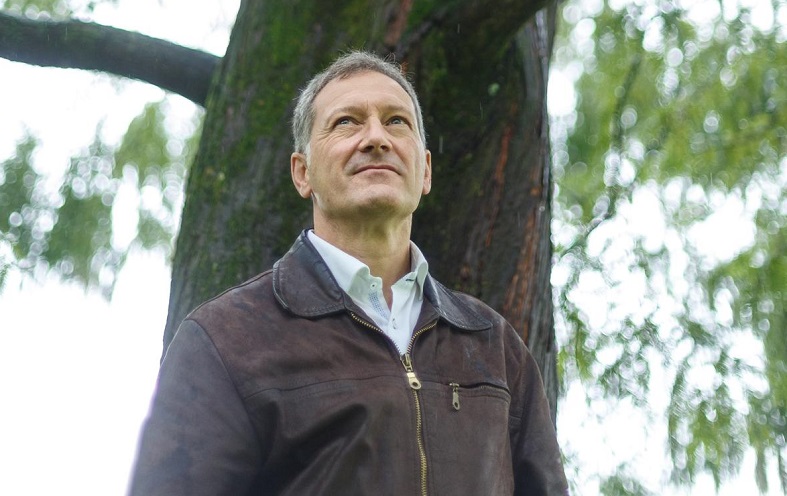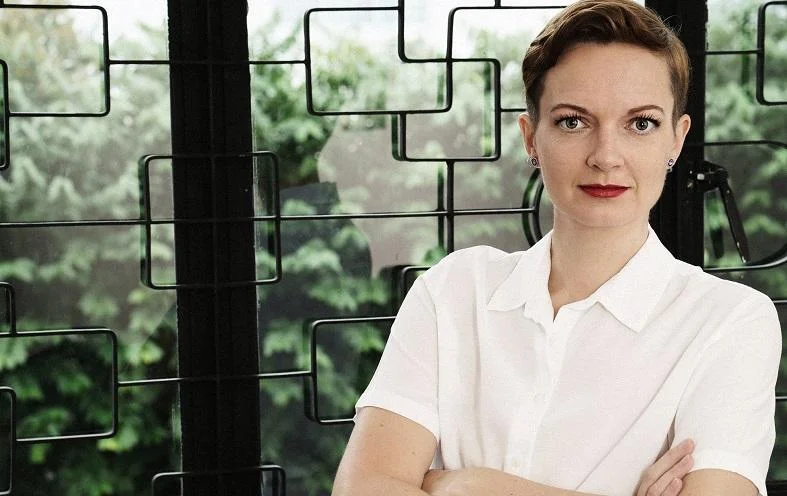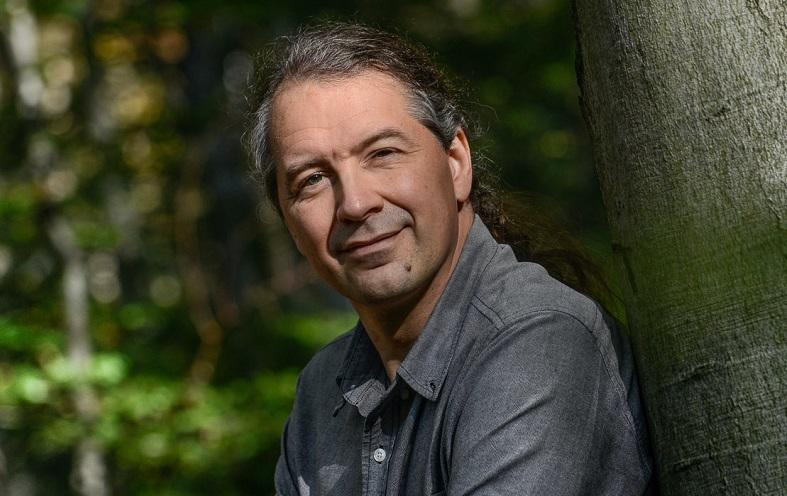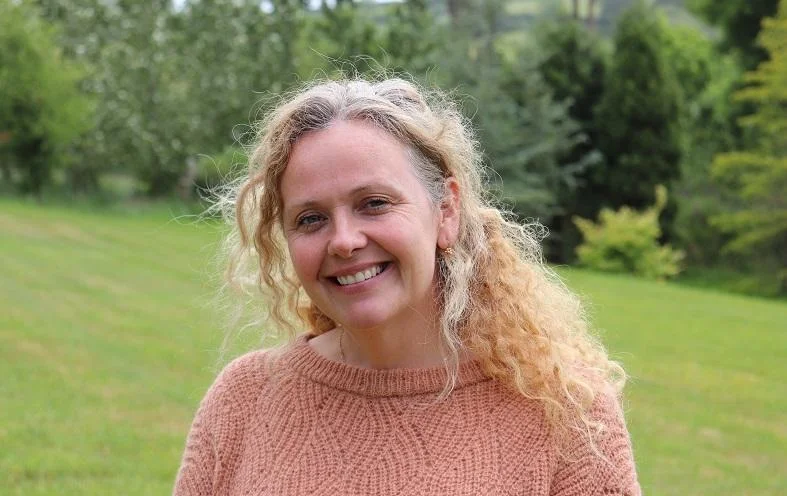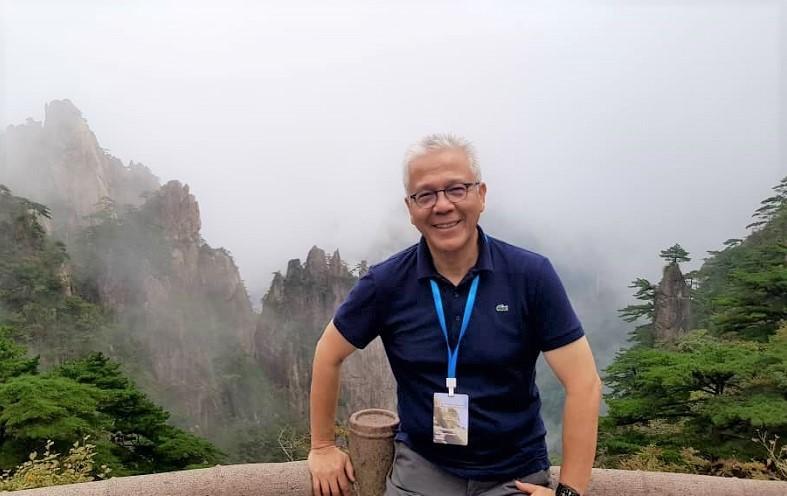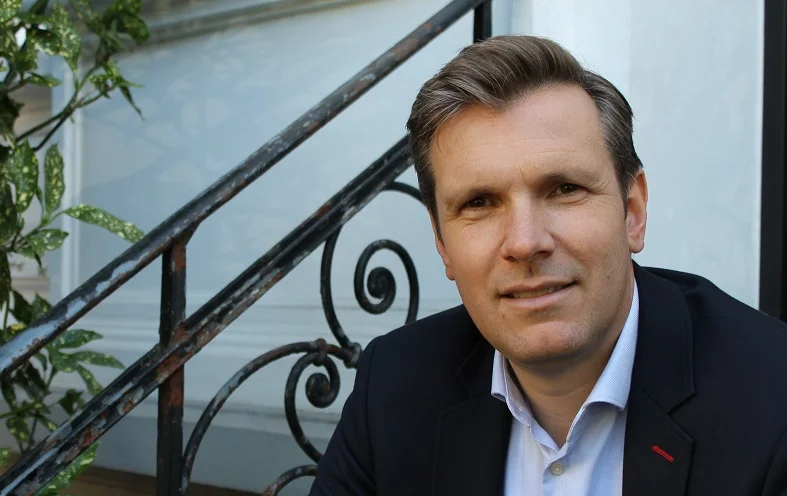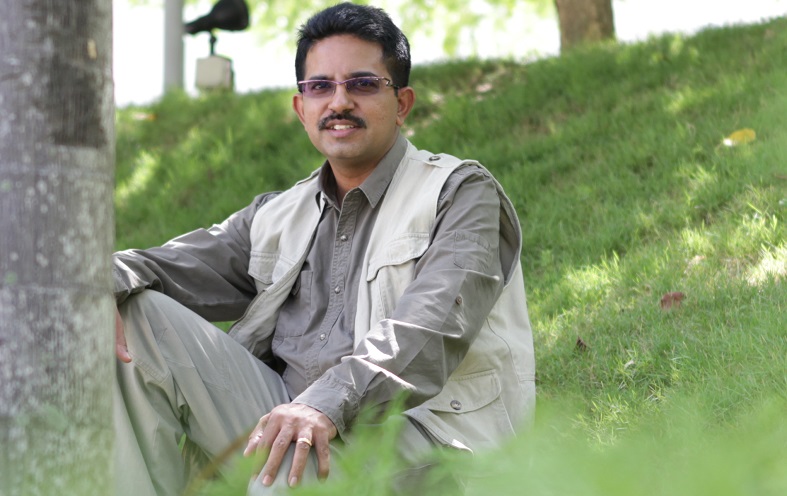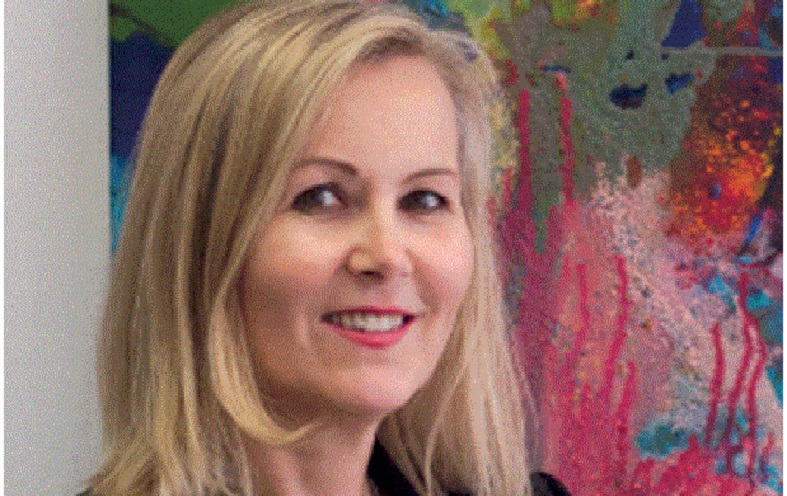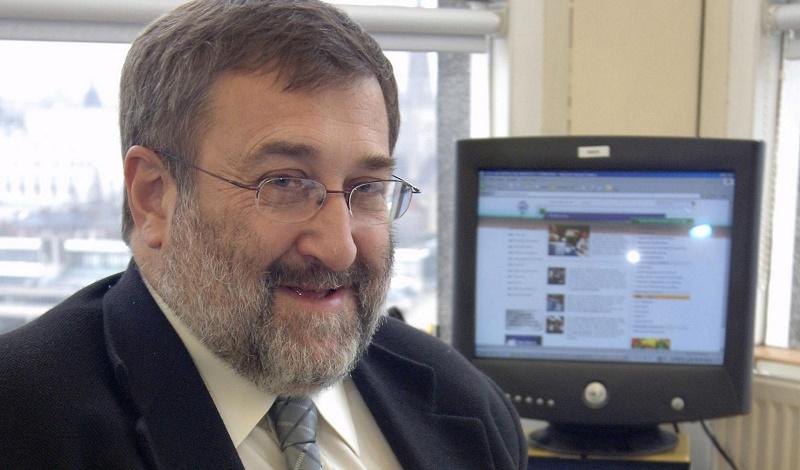
Responsible Tourism without Professor Harold Goodwin would be like the peace movement without leaders like Nelson Mandela, Martin Luther King or Mahatma Gandhi. Harold Goodwin’s conferences, research and writing have become crucial instruments for making sure that those in charge of travel companies and tourist destinations won’t forget their social and environmental responsibilities when dreaming up new ways of making money.
In this interview, Harold Goodwin tells us how it all started and how his views on sustainable – responsible – tourism have changed over the years.
Learn about:
- How sustainable tourism discourse and practice has changed over the last decades;
- Why priorities for sustainable tourism differ for each destination;
- What Responsible Tourism is all about;
- The key ingredients needed for more sustainable destinations;
- How the WTM Responsible Tourism awards have changed during his term as chair;
- Why he founded the International Centre for Responsible Tourism;
- The best way to teach responsible tourism;
- How to measure/quantify responsible tourism on a destination level;
- Which media Harold Goodwin follows for updates on sustainable tourism.
Harold, what was your view on sustainability when you started your academic career in tourism – was it a topic at all back then?
I started working on tourism in 1994 when I was research director at the Durrell Institute of Conservation and Ecology. It was a government-funded project investigating ecotourism, the relationship between tourism, conservation and sustainable development – so yes, sustainability was an important issue for me.
I was quite shocked by how little attention was being paid to sustainability by tourism academics and the industry. Ecotourism was all the rage but there was little understanding about sustainability among those promoting ecotourism and we were already two years on from Rio and seven from Brundtland.
Now in 2015, how has your view on sustainability in tourism changed?
By 1996 when I was asked to assist with the VSO campaign for ethical tourism, I had realised that since we couldn’t define sustainability in any operational way it was best to avoid the term. There is a triple bottom line sustainability agenda, it is easy to draw up a long list of issues.
What is more important is to identify what matters in particular places and address those issues and set local targets. It makes sense to conserve water in lots of places, but it is not a priority everywhere.
The sustainability agenda is less dominated by environmental issues now than it used to be, but it is still a challenge – despite the MDGs [Millennium Development Goals] and now the SDGs [Sustainable Development Goals] – to get economic and social issues included on the sustainability agenda.
Why the focus on responsible tourism, and what does it mean?
Responsible Tourism came to the fore in my work with the Association of Independent Tour Operators, the first business group to adopt Responsible Tourism and in the work I did with the ANC government in South Africa.
Responsible Tourism is about taking responsibility for using tourism for sustainable development. It is about what you do, what you take responsibility for achieving.
 What motivated you to publish Taking Responsibility for Tourism in 2011?
What motivated you to publish Taking Responsibility for Tourism in 2011?
I have been teaching about tourism and encouraging people to make it better since 1998, I wanted to make the ideas accessible to more people and to offer an account of how Responsible Tourism emerged and resulted in the Cape Town Declaration.
I also wanted to write about some of the mistakes of sustainable tourism, carbon offsetting, ecotourism and certification and some of the controversial issues like volunteering. There will be a new updated edition in 2016.
As chair of the WTM Responsible Tourism awards, do you see real progress on the responsible tourism front? (How) has the industry changed in recent years?
The change since we started the World Responsible Tourism Awards in 2004 has been dramatic. Competition is much stiffer and the standard is much higher too.
The Responsible Tourism programme at WTM London each November attracts 2,000 participants and the programme now runs across the portfolio in Cape Town, Dubai and Sao Paulo.
Your key insights from 7 years as Professor of Responsible Tourism Management at Leeds Beckett University (2006-2013) and now at Manchester Metropolitan University?
There are many but two stand out. The field is rapidly changing and course material needs constantly to be revised. Much of what professionals need to know to be effective comes from traditional disciplines in the social and natural sciences – tourism courses too rarely include this literature.
Tourism is a product of travel and the interaction of consumers and producers in destinations requires an interdisciplinary approach, particularly if you want to change it.
Knowing what is in the tourism books and journals is not enough and theory needs to be tested against experience.
Why did you found the International Centre for Responsible Tourism?
The ICRT resulted from the 1st International Conference on Responsible Tourism in Destinations in 2002 and the Cape Town Declaration. It has always been an independent network of individuals and national groups who come together to pursue the aims of the Cape Town Declaration. It has never had a legal form or bank account.
Which is the best way to teach Responsible Tourism?
In my view Responsible Tourism should be taught as Continuing Professional Development to practitioners for people with several years relevant experience and able to test theory against practice through assignments which draw on their work experience.
Which part of steering the tourism industry towards more responsibility and sustainability do you find most challenging?
One of the big challenges is to get people to see the difference between the abstract goal of sustainability and taking responsibility for dealing with the specific issues in particular places. It is so much easier to talk the platitudes of sustainability than to deal with the particulars.
The first UN conference on man and the environment was in 1972, we saw those pictures of spaceship earth, our finite world, in 1968. That is a working lifetime ago. We’ve made some progress, but the problems get larger faster than we can deal with them – we’re losing the race.
How to measure/quantify responsible tourism on a destination level?
There is no way of measuring responsibility, you can report what people are doing and how successfully they are tackling the issues that matter locally.
Too much effort is being put into creating frameworks for measuring destination sustainability holistically – we need to focus on monitoring and reporting on the local issues that matter, the ones that need to be managed. They got that right in Calvia in the nineties.
Which issues do destinations struggle most with in terms of sustainability, and how can they overcome those?
The big challenge at the destination level is to create and maintain the partnership among and between businesses, communities and the different spheres and agencies of government – good political skills are required to identify and agree the issues, agree a solution and then to engage all the partners in making the changes.
Thank you, Harold.
More about the work of Harold Goodwin here.
Enjoyed our interview with Harold Goodwin on the past and future of responsible tourism? Spread the word!

